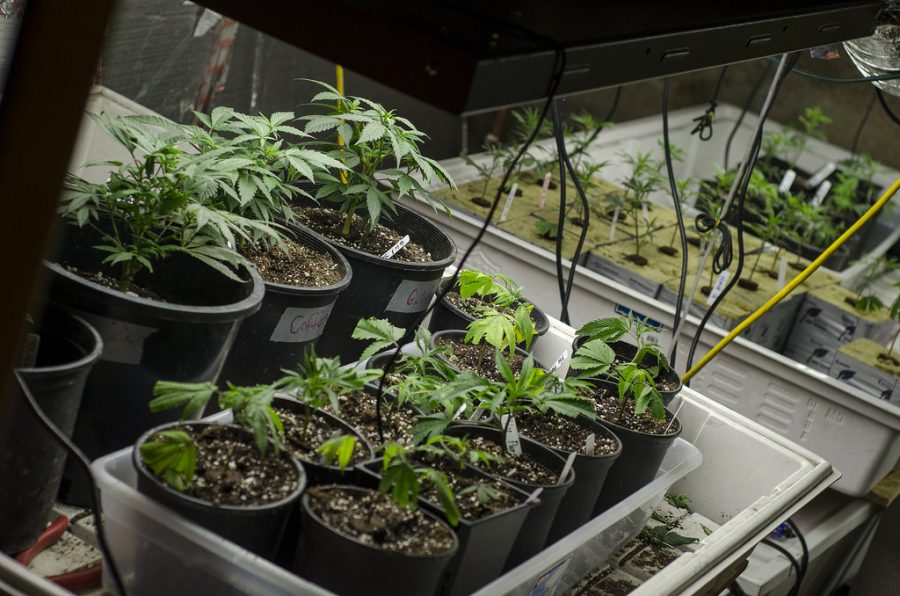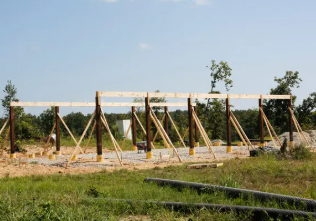Being blunt about marijuana
Thriving in a controversial marijuana grow, this cannabis is being harvested for recreational use in addition to medicinal applications. It is currently legalized to produce and sell recreational marijuana in several states across the U.S.
January 10, 2018
The legalization of marijuana, or cannabis, has been widely debated since it was first made illegal in the U.S. in 1937. It became well known in the U.S., not just for legal medical uses, but also for recreation. Albeit, right now, most recreational marijuana is bought and sold illegally, except in several states. As a matter of fact, California is legalizing the production of recreational marijuana on January 1, 2018.
Supporters argue that the legalization will reduce crime, increase revenue, decrease money allotted to criminal justice, better the environment, and improve the public health. They insist it will increase income for the government because of the taxes that would be placed on the marijuana. Additionally, the law enforcement agencies will be able to put forth more money and time into capturing other types of criminals. Some suggested that legalizing recreational marijuana will cut off some revenue for the illegal drug traders and terrorists. Not to mention, legalization reduces the number of illegal marijuana growers, which is crucial because they do not just hurt users with the addition of dangerous substances and break the law, they also harm the environment. The illegal cannabis producers’ methods of growing cause pollution, and the chemicals that they use to protect the marijuana from bugs, kills surrounding organisms. When cannabis producers are held to certain standards by the law, the customers and environment are healthier. However, critics also make valid arguments.
Critics allege the legalization of recreational cannabis will raise crime rates, harm public health, and lower traffic safety because marijuana is addictive and can alter perception. They assert that the legalization will increase cannabis use and could led to the legalization of more dangerous drugs. In addition, it would increase cases of driving under the influence, as well as the chances of marijuana falling into the hands of children. They maintain that using recreational cannabis damages the brain, increases the risk of heart disease, can cause poor lung health, and decline mental health.
In the states that did legalize the production and sale of recreational cannabis, purchasing marijuana is similar to alcohol: only those over the age of 21 may buy the cannabis, and users can be pulled over for driving under the influence. Those who have bought legal recreational marijuana may not use it out in public places and must purchase it through licensed dispensaries. States that have legalized the production of recreational marijuana ensure that there are production standards so the marijuana does not contain any harmful substances.
While the legalization of recreational marijuana has not made a substantial impact on any of the pros or cons that supporters or critics declared, advocates express that a significant time would pass before any effects would occur. However, the legalization has both benefits and disadvantages. In fact, Julianne Paras, a junior agreed,“that there is unnecessary crime enforcement on the use of marijuana but the effects it could have on kids and wildlife should be considered.” Now that more states, like California, are legalizing the production and sale of recreational cannabis, it begs the question: will North Carolina be next to allow their citizens to buy and sell marijuana for recreational use?












